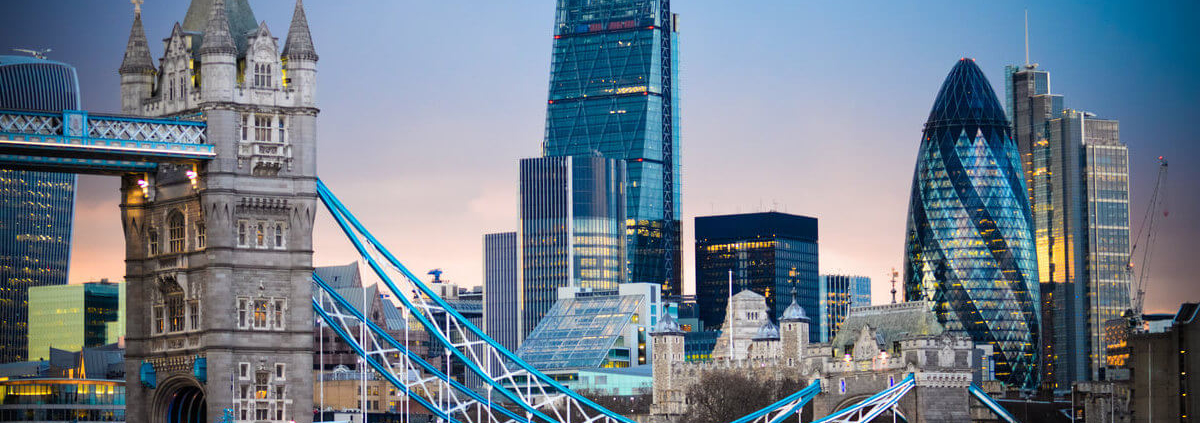Regulation of Airbnb in London: A Host’s Perspective
Why Airbnb in London is a Great Investment: An Ultimate Guide
Introduction
Navigating the ever-evolving landscape of Airbnb regulations in London is a significant aspect for current and prospective hosts. As London’s short-term letting market has continued to flourish, with 50,504 active rentals as of 2023, the regulations have likewise evolved to match this growth. These rules serve a dual purpose: ensuring fair business practices for hosts and safe, reliable accommodations for guests. With this surge in popularity, a host’s understanding and adherence to these regulations are more important than ever. This guide provides a comprehensive look into these regulatory practices, simplifying the complexities from a host’s perspective. From legalities to tax implications and community standards, we aim to provide you with the up-to-date information you need to be a successful Airbnb host in London.
The Growth of Airbnb in London
The emergence of Airbnb in London, from its advent in 2008 to its prevalent status now, has significantly transformed the hospitality sector, offering travelers unique, home-like experiences. By 2019, London had become one of the top five global cities for Airbnb listings, highlighting the platform’s immense growth and the competitive marketplace hosts must navigate.
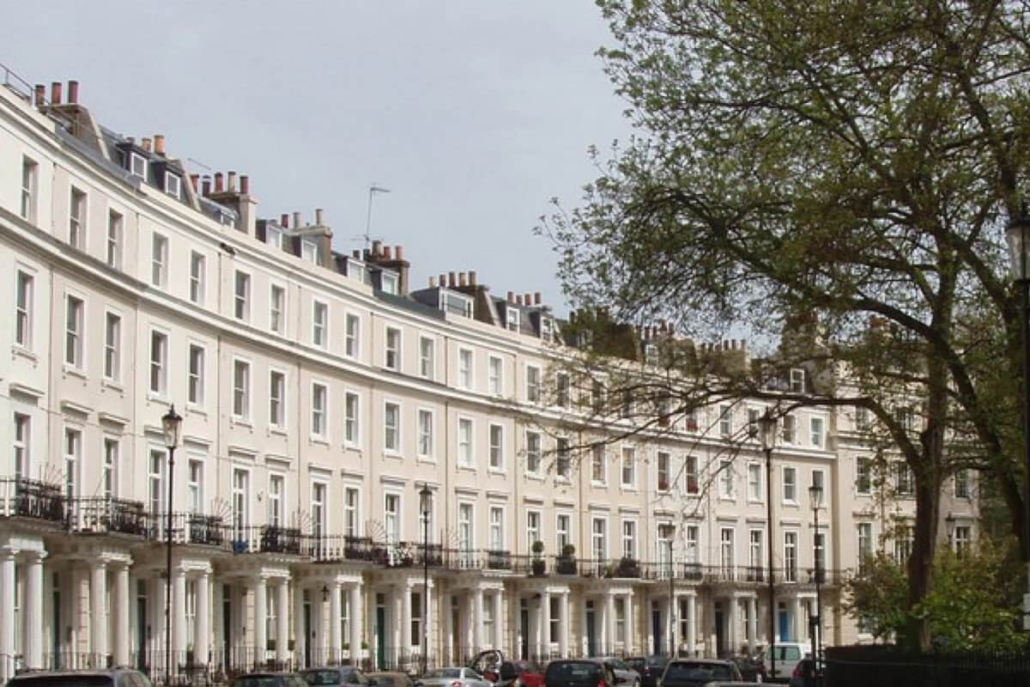
Legalities of Hosting on Airbnb in London
The rapid expansion of Airbnb prompted regulatory responses. In London, one of the primary regulations Airbnb hosts must adhere to is known as the 90-day rule. Before this rule was introduced, those wishing to offer their homes as short-term rentals needed to apply for planning permission to change the use of their properties. However, in 2017, a new law came into effect allowing anyone to rent out their entire home on a short-term rental basis without planning permission for a maximum combined total of 90 nights per calendar year. Deregulation Act 2015 – Explanatory Notes.
The 90-day limit doesn’t apply to individual rooms within a home. Therefore, if you’re only renting out a portion of your home, you can do so for longer than ninety days without needing planning permission. This rule is automatically enforced on Airbnb, with a counter on your profile tracking the number of rented days. Once you hit the 90-day limit, Airbnb will stop your listing from accepting bookings. If you’re listing on other platforms, it’s your responsibility to track and comply with this regulation. Failure to comply can result in fines of up to £20,000 per offense.
Useful link: Responsible hosting in the United Kingdom – Airbnb Help Center.
Necessary Permissions
Before listing your property on Airbnb, there are several permissions you need to secure. If you’re renting from a landlord, you’ll need their permission to sublet on Airbnb. Even if you own the property, it’s crucial to review the terms of your lease and mortgage to ensure they permit the use of the property as a short-term rental. Always make sure you’re in compliance with all local regulations before listing on Airbnb or any other short-term rental platform.
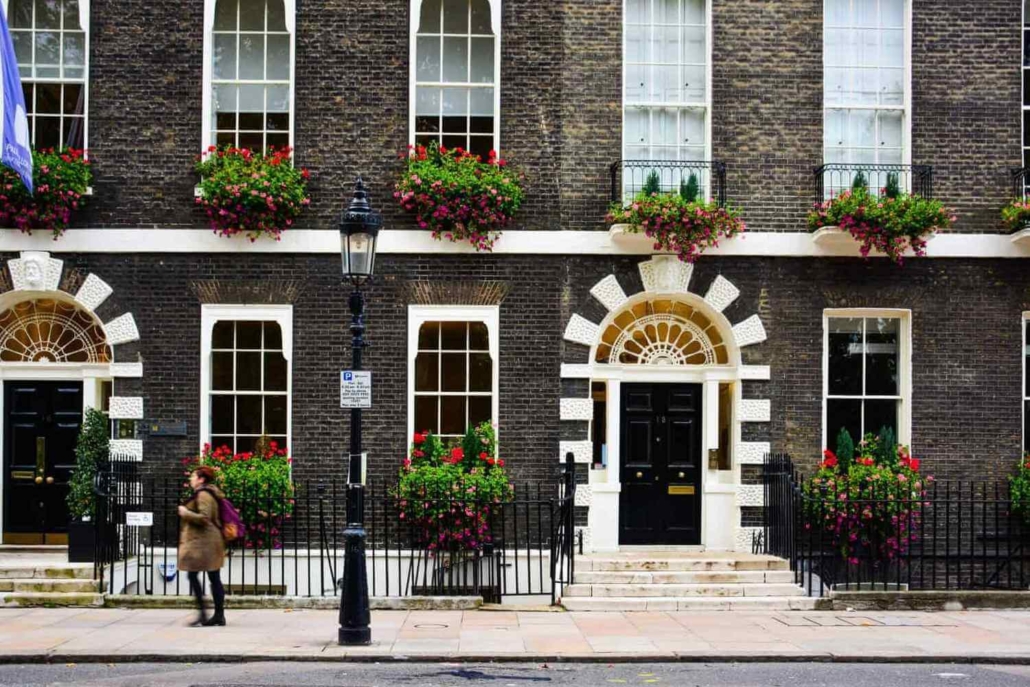
Health and Safety Regulations for Airbnb Hosts
Hosts must also comply with health and safety regulations, ensuring their properties are safe and habitable. This includes abiding by fire safety regulations under the Regulatory Reform (Fire Safety) Order 2005, maintaining safe gas and electrical equipment under the Gas Safety (Installation and Use) Regulations 1998 and the Electrical Equipment (Safety) Regulations 1994, and providing a clean environment under the Housing Act 2004.
Tax Implications for Airbnb Hosts in London
Income Tax
The income generated from Airbnb is taxable. Hosts are required to declare this income as part of their self-assessment tax return under the UK’s Rent a Room Scheme. However, there’s a tax-free allowance if the income is less than £7,500 per year.
Renting out your property: Paying tax and National Insurance – GOV.UK
Capital Gains Tax
Capital Gains Tax may also be applicable if you decide to sell a property that’s been rented out on Airbnb and it has increased in value. This tax doesn’t usually apply to your primary residence, but it can be relevant if you’re renting out a second property or your entire primary residence for significant periods.
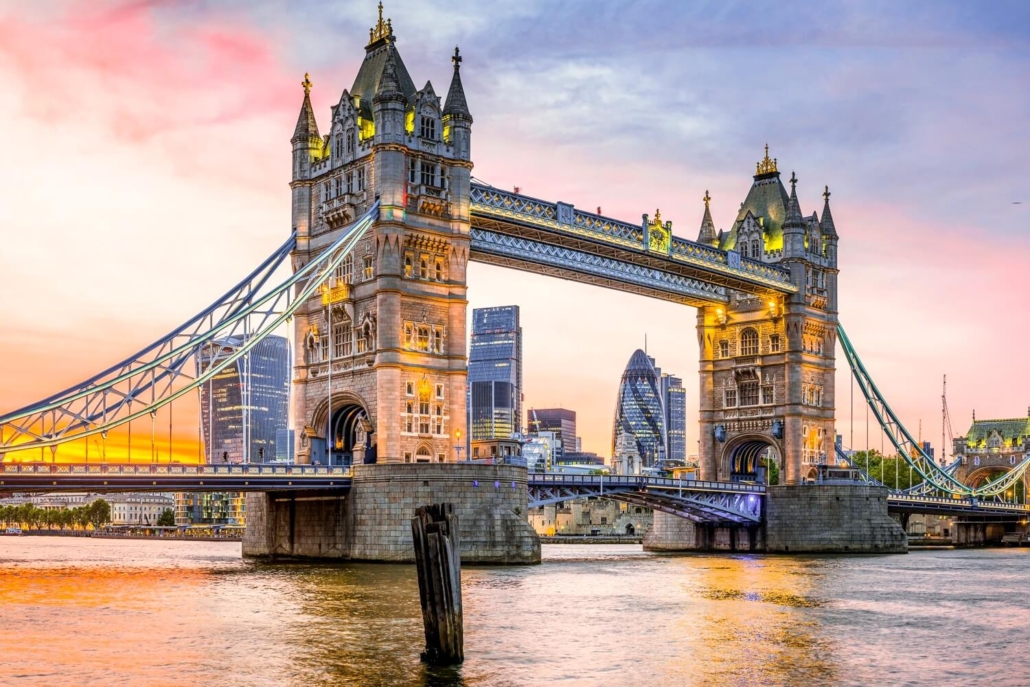
National Insurance
Depending on your level of income from Airbnb hosting, you may also be liable for National Insurance contributions. If your property rental activity is considered self-employment and your earnings exceed certain thresholds, you may need to pay Class 2 or Class 4 National Insurance.
Council Tax or Business Rates
In most cases, hosts will pay Council Tax. However, if the local council deems your property a “self-catering accommodation” available for short-term lets for more than 140 days per year, it might be subject to Business Rates instead.
Inheritance Tax
Inheritance Tax may also apply if the property you rent out on Airbnb is passed on after your death. Any income generated by the property through Airbnb would contribute to the overall value of the estate, which could impact the Inheritance Tax if it exceeds the £325,000 threshold.
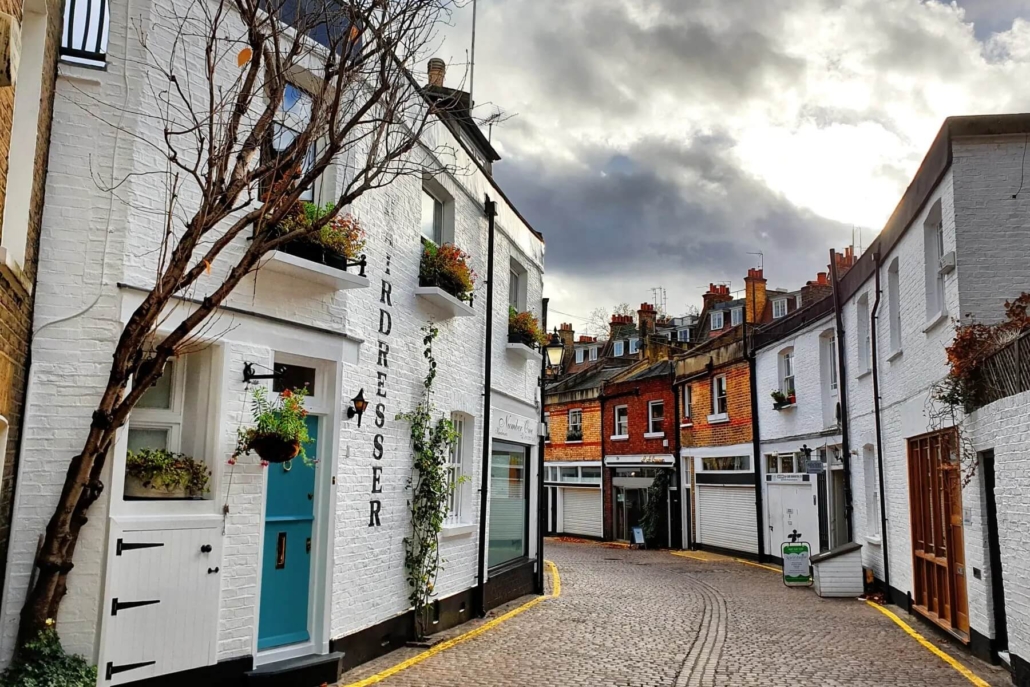
VAT (Value Added Tax)
If you’re a UK resident or have established your business in the UK, VAT registration becomes mandatory when your taxable earnings surpass £85,000 over any consecutive twelve-month period. Alternatively, if you anticipate that your taxable income will exceed this threshold within the forthcoming 30-day period, VAT registration is also required. Please note that this is subject to change and regular checking of the HMRC’s website or consultation with your tax advisor for the latest VAT threshold is strongly recommended.
These tax obligations underline the importance of staying informed and consulting with a tax professional or HMRC directly for accurate and up-to-date tax information. The landscape of tax laws can often change, and hosts must ensure they’re meeting all their tax obligations.
Insurance Needs for Airbnb Hosts
While Airbnb provides a Host Guarantee, covering damages to properties up to $1 million, and Host Protection Insurance, it doesn’t replace the need for additional home and contents insurance to cover potential risks and personal liabilities.
What about Understanding the Airbnb Regulation in Mexico City?
Conclusion
The world of Airbnb hosting in London is complex, with various tax and regulatory considerations. As hosts navigate the Income Tax, VAT, Capital Gains Tax, Council Tax/Business Rates, National Insurance, and potentially even Inheritance Tax, it’s crucial to stay up-to-date with current regulations. Navigating disputes, maintaining quality, and focusing on sustainability is also essential for hosts aiming to provide a top-notch guest experience. The Airbnb landscape continues to evolve, and hosts who stay informed and adaptable will be best poised for success in this dynamic market.
Check out Airbnb Legal Issues and Statistics: London.

